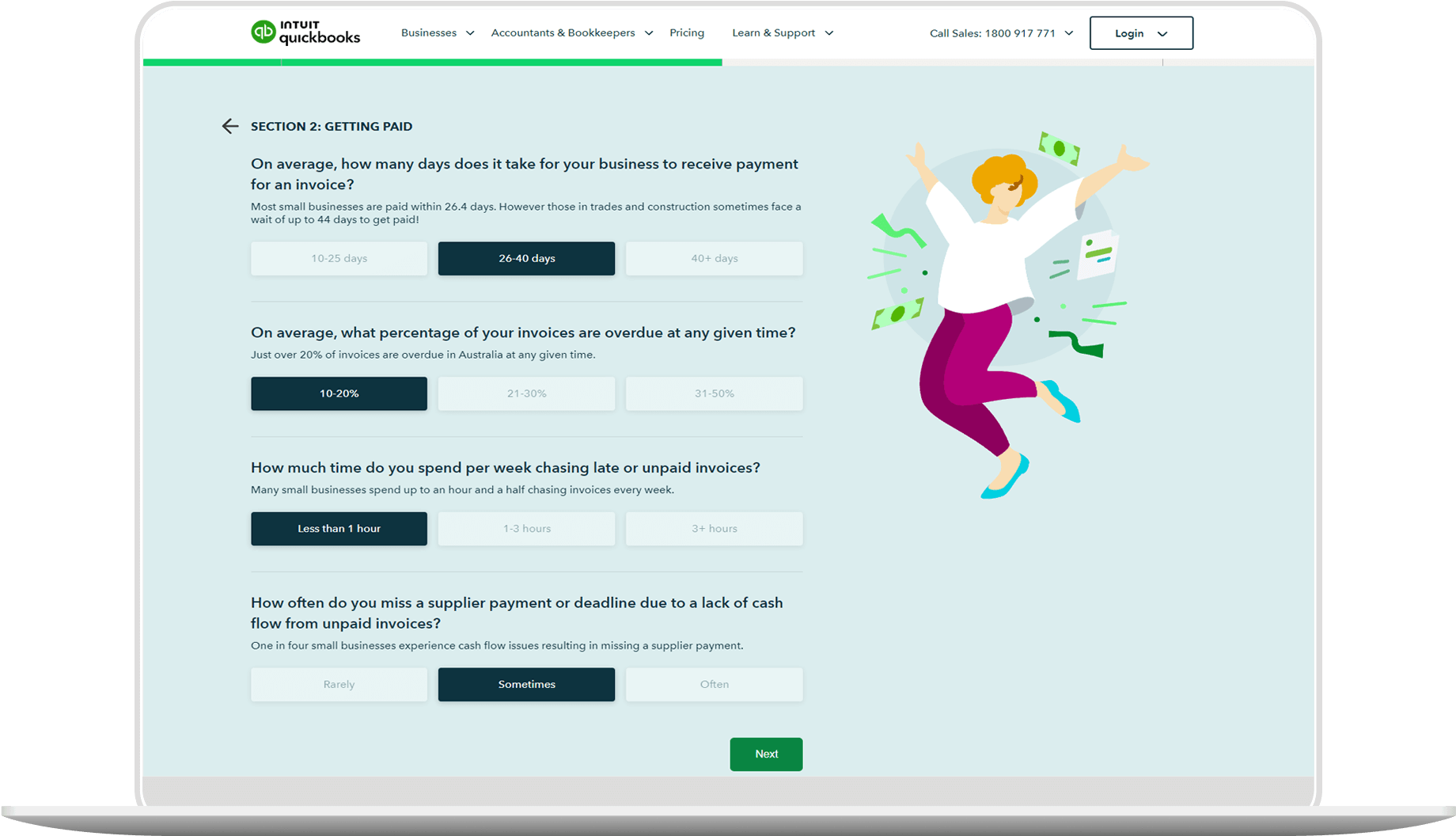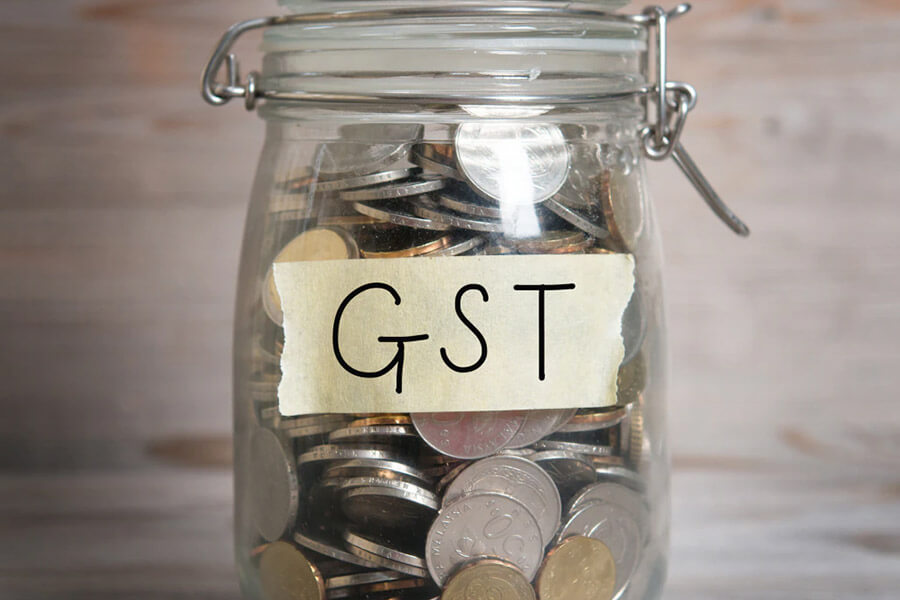Clothing and laundry expenses
If you work at a gym with a compulsory uniform, you can deduct it from your tax bill, but only if it has a company logo. The company must also have a uniform policy that is consistently enforced. If your uniform falls into this category, then you can deduct the cost of buying, hiring, mending, and cleaning it.
This means that clothing items like sweatpants you buy at a branded clothing store would not qualify, since they would be seen as conventional clothing that can be worn by anyone regardless of profession.
Basically, you can’t deduct expenses for general clothing. Even if you buy fitness clothing for work, you cannot deduct it from your bill if it is not a required uniform.
Self-education expenses
You can claim self-education expenses if you take a course that is directly related to your work as a personal trainer and it is aimed at maintaining or improving your skills, with the likelihood of leading to an increase in income for your current employment.
If you are taking a course that’s vaguely related to your industry or designed to get you a new job, it may not be eligible for a tax deduction. For example, training to be a physiotherapist when you are a personal trainer is not an allowable expense.
Tools and equipment
Exercise equipment counts as an allowable expense if you use it for work. If you also use it for personal reasons, then you can only deduct the portion of payment attributed to professional use.
Example: If you purchase resistance bands for your clients to use, but you also use them when working out yourself, then you must apportion the cost between work and personal use. You can calculate this based on a percentage of how much you use them compared to how much your clients use them. So, if you use the bands for 3 workouts a week, and you have 3 clients that use them for one workout each per week, it’s a 50/50 split.
Furthermore, you can also deduct insurance for your equipment and the cost of repairs. Any item under $300 can be deducted in full but only if it is mainly used for work purposes and is not part of a set of items that together costs more than $300. For equipment over this threshold, you must claim a deduction over a number of years accounting for depreciation.
Other relevant items can also be deductible. This includes sunscreen and sunglasses, but only if you train outdoors for prolonged periods of time and need them to protect yourself from real and likely harm while working. Similarly to other items, only the work-related use of either can be claimed.

















